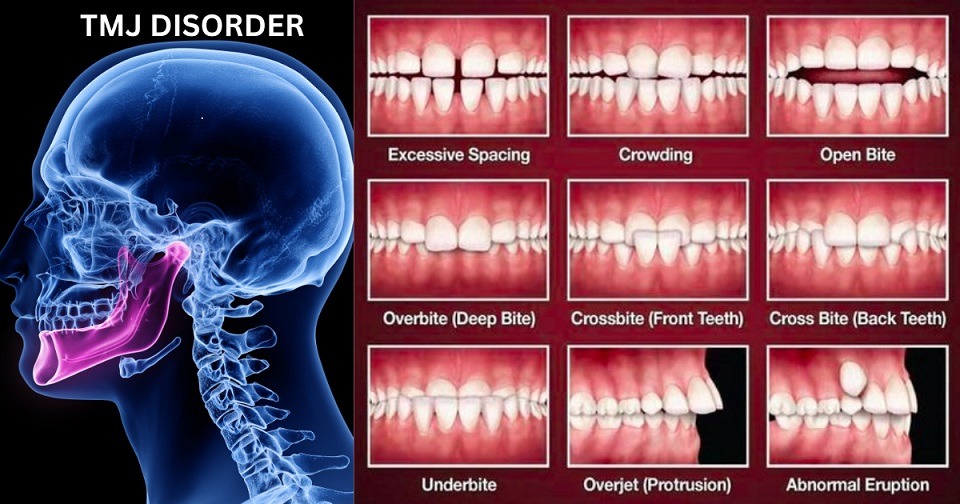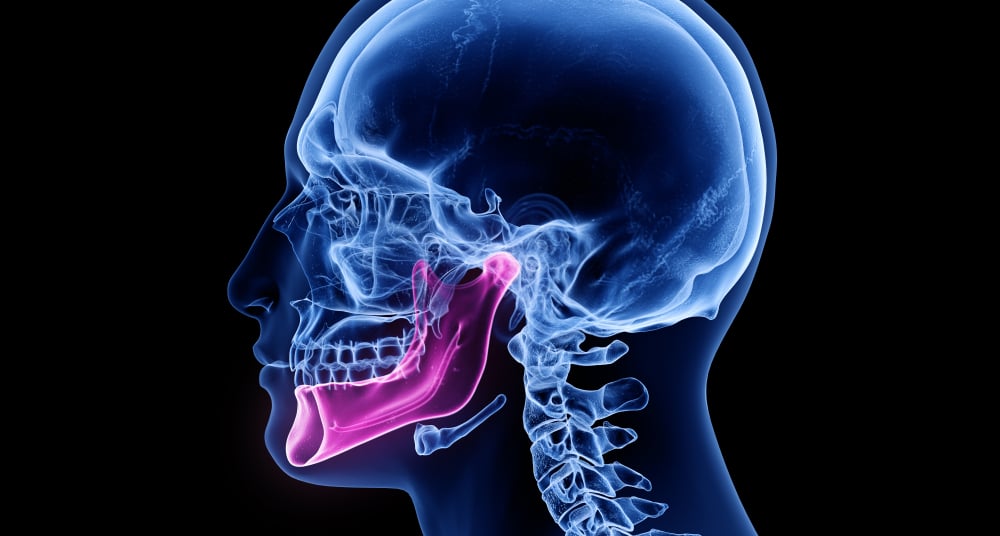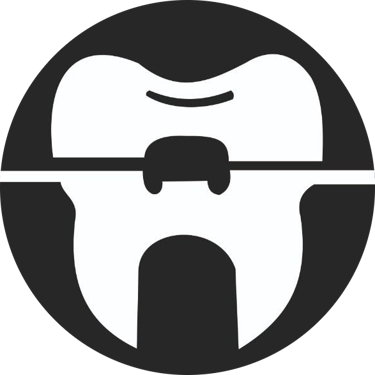How Malocclusion Affects Your Jaw Health
🦷 Misaligned teeth aren’t just about looks—they can impact your jaw health too! Discover how malocclusion affects your TMJ, chewing, and overall comfort. Read more to learn how orthodontic care can help! ✨ #JawHealth #Orthodontics #Dentilign
Dr Sameera Athar, MDS Orthodontics
2/12/20252 min read


Malocclusion, or misalignment of teeth, is more than just a cosmetic concern. It can have significant impacts on your jaw health, leading to discomfort, functional issues, and long-term complications. Understanding the relationship between malocclusion and jaw health can help you take proactive steps toward better oral well-being.
What is Malocclusion?
Malocclusion refers to the improper alignment of the teeth and jaws. It can manifest in various forms, such as overbite, underbite, crossbite, crowding, or spacing issues. These misalignments may be hereditary or caused by habits like thumb sucking, prolonged pacifier use, or early loss of baby teeth.
Effects of Malocclusion on Jaw Health
Temporomandibular Joint (TMJ) Disorders
Misaligned teeth can put excessive strain on the temporomandibular joint (TMJ), leading to pain, clicking sounds, and restricted jaw movement. Over time, this can result in temporomandibular disorders (TMD), causing chronic jaw discomfort and headaches.Jaw Pain and Muscle Strain
An imbalanced bite forces the jaw muscles to work harder to compensate for misalignment. This extra strain can lead to muscle fatigue, pain, and even tension headaches.Uneven Wear on Teeth
When teeth do not align properly, they experience uneven pressure while chewing. This can lead to premature wear, enamel erosion, and increased risk of tooth fractures.Difficulty in Chewing and Speaking
Malocclusion can make it challenging to chew food properly, affecting digestion and overall nutrition. Additionally, severe misalignment may impact speech, leading to lisping or difficulty pronouncing certain words.Increased Risk of Bruxism (Teeth Grinding)
Misaligned teeth often contribute to bruxism, a condition where individuals grind or clench their teeth, especially during sleep. This habit can lead to further jaw pain, enamel wear, and even cracked teeth.
How Can Malocclusion Be Treated?
Orthodontic treatments can effectively correct malocclusion and improve jaw health. Some common solutions include:
Braces – Traditional metal or ceramic braces help align teeth over time.
Clear Aligners – Transparent, removable aligners provide a discreet way to correct misalignment.
Orthognathic Surgery – In severe cases, surgical intervention may be required to correct jaw alignment.
Occlusal Splints – Custom-made mouthguards can help alleviate TMJ-related issues and prevent teeth grinding.
Conclusion
Ignoring malocclusion can lead to persistent jaw issues and affect your overall quality of life. If you experience symptoms of jaw pain, clicking sounds, or difficulty chewing, consulting an orthodontist is essential. At Dentilign - Orthodontic and Comprehensive Dental Care, we specialize in diagnosing and treating malocclusion with advanced orthodontic solutions tailored to your needs. Book a consultation today to achieve a healthier, pain-free smile!
Next Up: How Early Orthodontic Screening Can Prevent Complex Treatment Later. Stay Tuned


